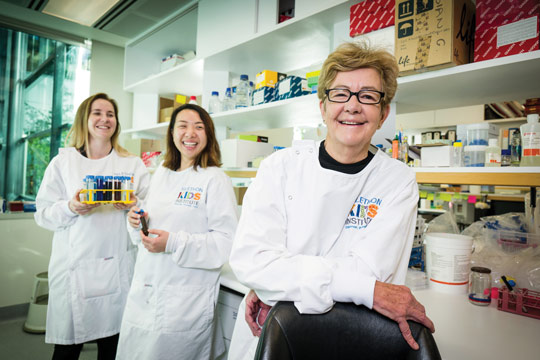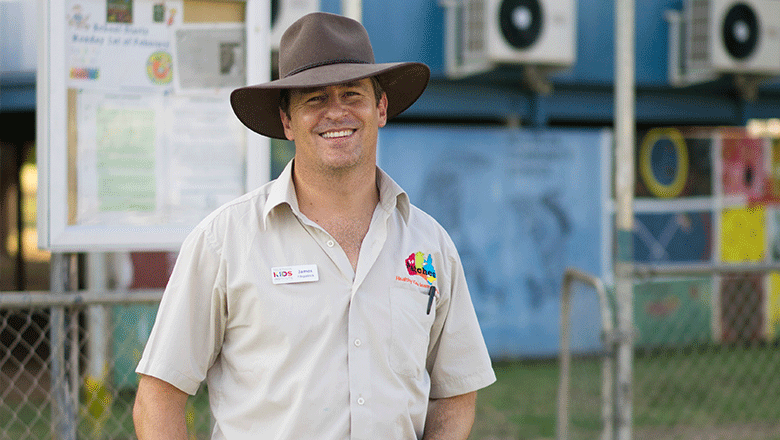Search
Showing results for "Au"
Research
Update of the WHO/IUIS Allergen Nomenclature Database based on analysis of allergen sequencesThis paper summarizes updates of allergen names approved at the meetings of the IUIS Allergen Nomenclature Sub-Committee in 2011 through 2013.
Research
Prevalence and determinants of influenza vaccine coverage at tertiary pediatric hospitalsThis study aimed to examine the uptake of influenza vaccination amongst a cohort of Australian children and factors associated with vaccine acceptance.
Research
Online Moral Disengagement, Cyberbullying, and Cyber-Aggression. Cyberpsychology, Behavior, and Social NetworkingThe study of moral disengagement has greatly informed research on aggression and bullying.
Research
Environmental Factors in Children's Asthma and Respiratory EffectsAsthma is more common in childhood than in adulthood and is more correctly thought of as a syndrome than as a discrete condition.

News & Events
WA children with most aggressive cancers to benefit from Australian-first personalised medicine clinical trialPersonalised medicine for childhood cancers in West Australia is a step closer thanks to the Zero Childhood Cancer program’s state clinical trial launched today

News & Events
UV and Vitamin DResearchers at The Kids Research Institute Australia are continuing to hone in on the effects of ultraviolet radiation and vitamin D on the immune system.

News & Events
Community is tackling FAS in the Fitzroy ValleyAmong the highest rates of Fetal Alcohol Syndrome (FAS) worldwide have been reported by Aboriginal community leaders in the remote Fitzroy Valley.

News & Events
Fiona Stanley: Honorary Life MembershipWe are honoured to bestow upon Fiona an Honorary Life Membership of this Institute as a reflection of our great respect, love and thanks.
News & Events
Future Fund for Medical Research Brings Hope for Better Child HealthThe Kids Research Institute Australia has welcomed the Federal Government's commitment to a Medical Research Future Fund to improve the long term health of Australians.
Research
Where were those rabbits? A new paradigm to determine cerebral lateralisation of visuospatial memory function in childrenIn this study we devised a child-friendly version of a paradigm to assess lateralisation of visuospatial memory using functional transcranial Doppler...
